It has not been easy to navigate Péter Márki-Zay’s self-contradictory statements that changed from hour-to-hour throughout his campaign (for instance: the four different dates he cited for his annual evaluation speech in a single discussion, as well as the difficulties he had remembering the Ukrainian president’s name). But the failed left-wing prime minister candidate went above and beyond: not only did he refuse to congratulate the victors, he delivered a brand-new historical lie to those viewers who were curious enough to watch the final moments of the suicide-mission, kamikaze political action (aka the left’s electoral campaign).
Aware of the election results, Péter Márki-Zay was shamefully and politically pathetically left on his own by his allies, to gabber away: “we learned from history that Milošević was popular when NATO was bombing him and Hitler would have won with two thirds as well in Germany in 1945 when Berlin was surrounded.”
However, there is a slight flaw in this Third Reich comparison. It’s a historical fact that in April 1945, when forces were closing in on Berlin, the majority of the Wehrmacht soldiers had either already deserted or were captured, and most of his forces were in shambles. Thus, most of Hitler’s soldiers didn’t even consider him a good enough leader to defend their homeland, let alone fulfill his dreams of world-rule. He could barely hold back the Allies with his army riddled with 12-13 year-olds; they barely had a chance, but following the surrender in Stalingrad on February 2, 1943, there were no doubts of their fate.
The Germans were already shaky following the inevitability of the catastrophic defeats suffered by the Berlin-Rome-Tokyo axis, and when the Americans and the Brits stormed Normandy on June 6, 1944, the vast majority of Germans
were sure of things by then. Despite the fact that the last German offensive in December 1944 at the Ardennes did spurn some hope, the Americans quickly got themselves together, returned to battle, and thereby defeated the last Nazi attack. At this point, the propaganda machine could barely convince anyone of the potency of the “miracle weapon” thrown into the public consciousness (though they did have them, just developed them too late such as the well-known V–1 and V–2 rockets; there were even some that the Allies continued to develop, inspired by German ideas.)
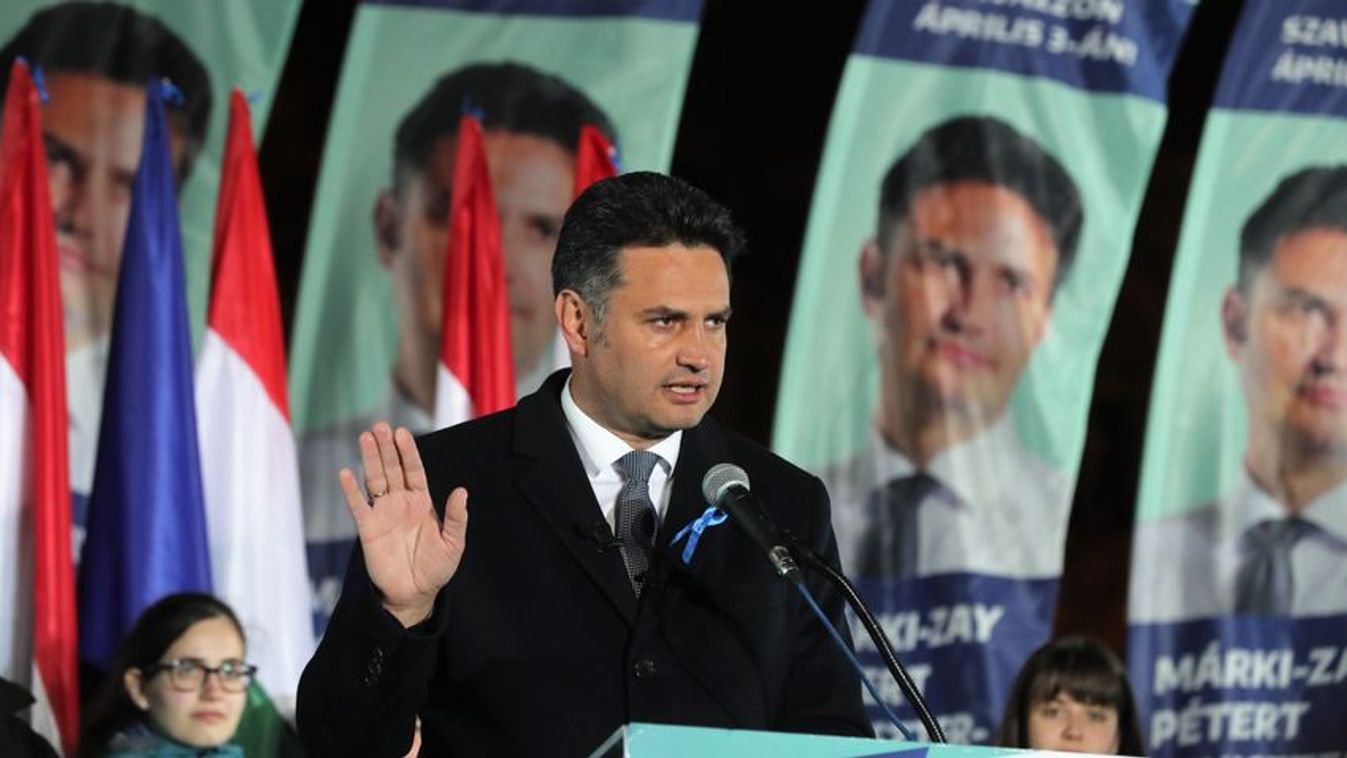
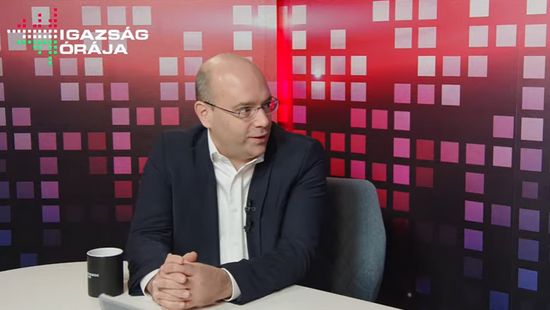
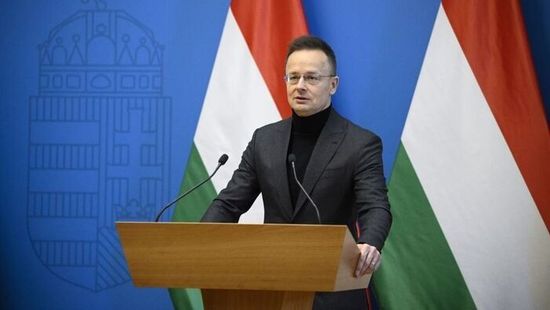
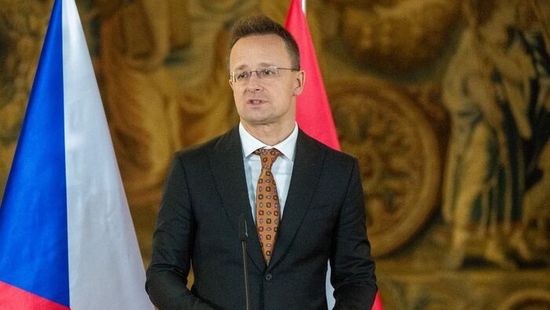


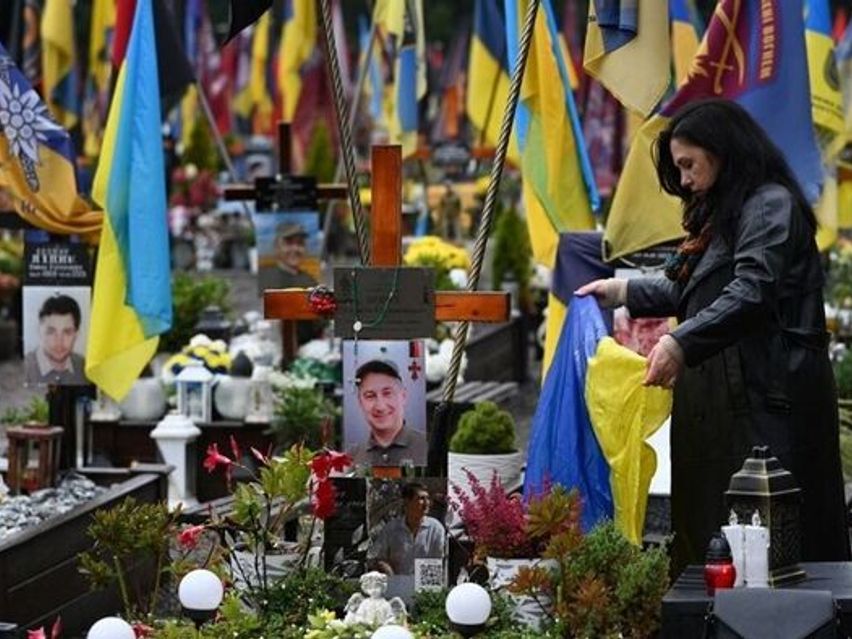

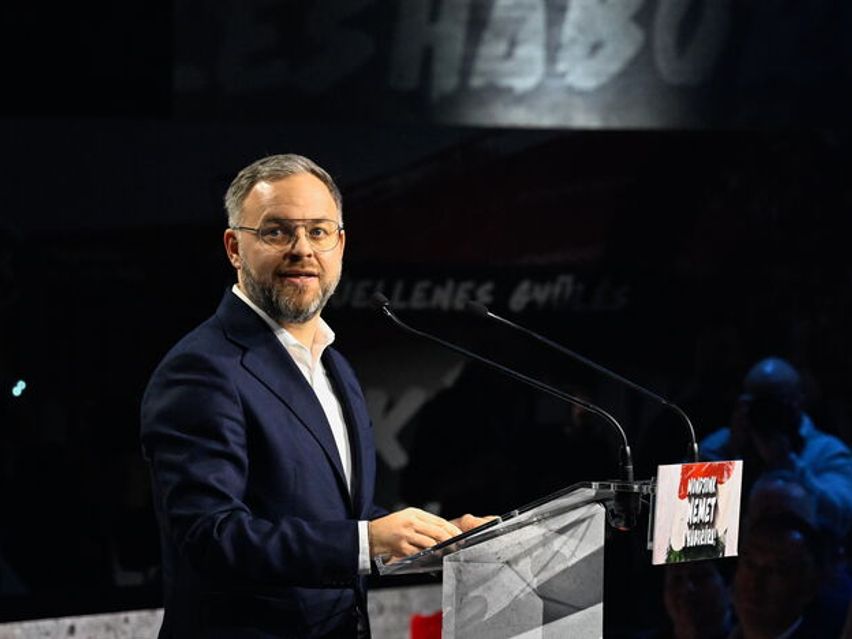




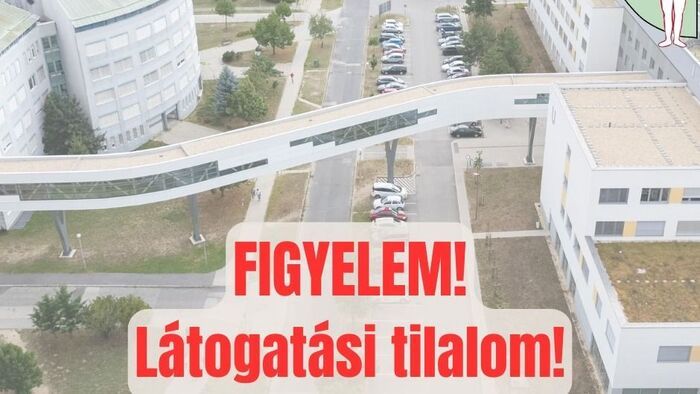


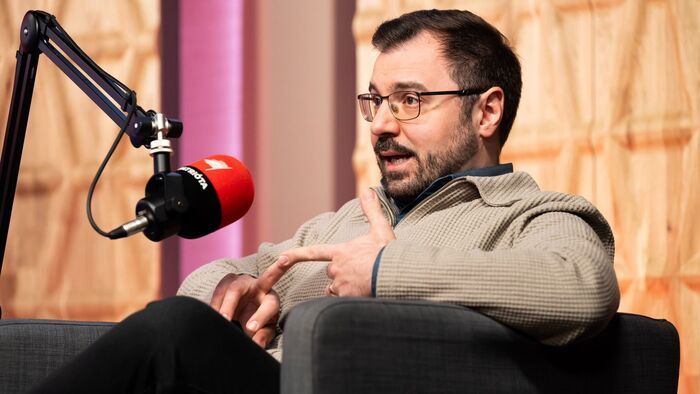
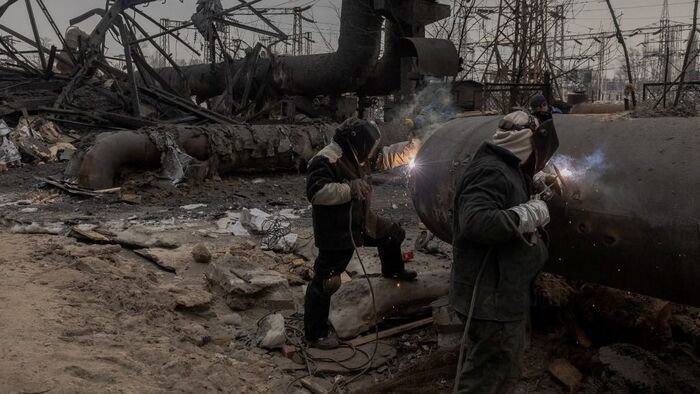



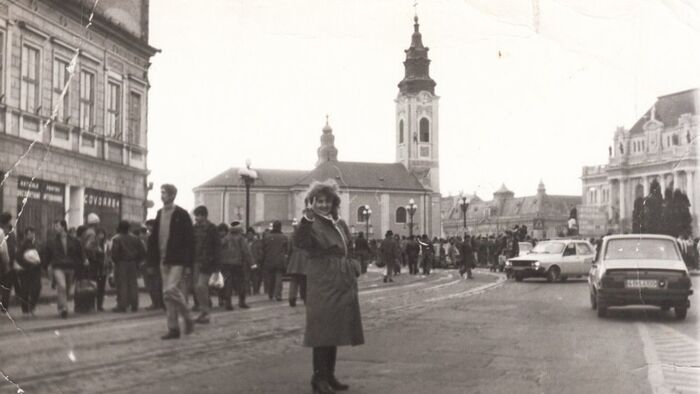

Szóljon hozzá!
Jelenleg csak a hozzászólások egy kis részét látja. Hozzászóláshoz és a további kommentek megtekintéséhez lépjen be, vagy regisztráljon!